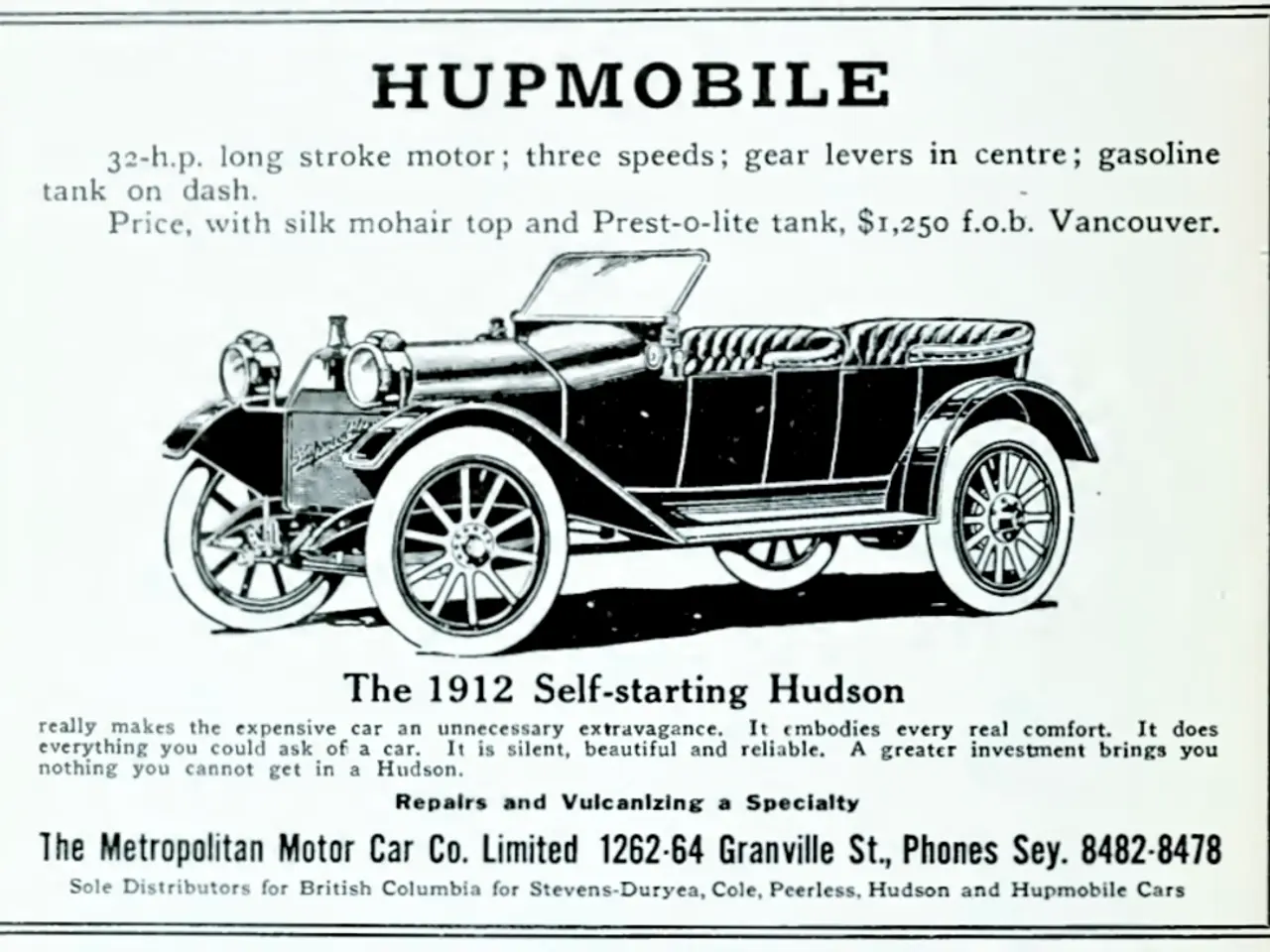Tesla Outperforms Sales Figures in South Korea for Third Successive Month, Model Y Continues Dominance
Tesla Tops South Korea's Electric Vehicle Market
Tesla's dominance in South Korea's electric vehicle (EV) market is unparalleled, with the company breaking sales records and capturing a significant market share. As of mid-2025, Tesla holds approximately 20% of the entire imported car market and 72% of all imported EV registrations.
The Tesla Model Y has been the best-selling imported vehicle for three consecutive months, with robust demand, strong brand recognition, and expanding charging infrastructure contributing to its success[1][2][5]. In July, Tesla set a new monthly sales record in South Korea, delivering 7,357 vehicles[6].
Several factors explain Tesla's success in South Korea compared to its struggles in Europe:
- Product Offering and Supply Strategy: The refreshed, China-assembled Model Y ("Juniper" version) with lithium iron phosphate (LFP) batteries resonates well in South Korea, combining affordability with technology that meets local preferences. Tesla's strategic supply timing allowed it to meet peak demand effectively, unlike its inconsistent supply in some European markets[1][5].
- Government Policy and Market Conditions: Despite the South Korean government reducing subsidies for Tesla’s Model Y in early 2024, EV adoption continues to accelerate there, with EVs representing 33.8% of all imported car sales in May 2025, growing 62.2% year-over-year[1][2]. This contrasts with Europe, where reductions in EV incentives and intensifying local competition from European automakers (e.g., Volkswagen, BMW, Mercedes) have led to declines in Tesla registrations, notably in Germany, Sweden, and Spain[1][3].
- Infrastructure and Customer Support: The expansion of supporting infrastructure by local partners, such as Watter installing fast chargers compatible with Tesla’s North American Charging Standard (NACS), enhances usability and convenience for Tesla owners in South Korea[2].
- Brand Perception and Political Context: While Tesla enjoys strong brand loyalty and a clean image in South Korea, its performance in Europe has been negatively affected by consumer backlash related to CEO Elon Musk’s political activities, impacting registrations and sentiment[1][3].
- Trade and Market Access: Easing of trade barriers between the U.S. and South Korea has facilitated Tesla’s competitive pricing and market penetration, helping U.S.-made vehicles gain substantial market share in South Korea’s imports (27.2% in July 2025, with Tesla leading)[4].
Looking ahead, Tesla is poised to continue its upward trajectory in South Korea's growing EV sector. The strong performance in July follows a record-breaking June for Tesla, where the Model Y accounted for 94.9% of Tesla's total sales in South Korea[7]. The launch of the Model Y has driven the growth of EV adoption in South Korea, positioning Tesla as a key player in the nation's transition to sustainable transportation.
[1] https://www.reuters.com/business/autos-transportation/tesla-south-korea-sales-jump-june-2021-07-14/ [2] https://www.reuters.com/business/autos-transportation/tesla-s-south-korea-sales-jump-june-2021-07-14/ [3] https://www.bloombergquint.com/autos/article/tesla-sales-drop-in-europe-as-local-competition-intensifies [4] https://www.reuters.com/business/autos-transportation/us-made-cars-dominate-south-koreas-import-market-july-2021-08-16/ [5] https://www.reuters.com/business/autos-transportation/tesla-s-june-sales-soar-south-korea-2021-07-14/ [6] https://www.reuters.com/business/autos-transportation/tesla-sets-new-south-korea-sales-record-july-2021-08-16/ [7] https://www.reuters.com/business/autos-transportation/tesla-s-south-korea-sales-jump-june-2021-07-14/
In South Korea, the popularity of Tesla's electric vehicles (EVs) extends beyond the Model Y, as the company also enjoys a robust 20% market share of the entire imported car market, reinforcing its dominance. Furthermore, the rising trend of sustainable lifestyles in South Korea, paired with advancements in gadgets and technology, creates a conducive environment for the acceptance of electric-vehicles like Tesla's offerings.




